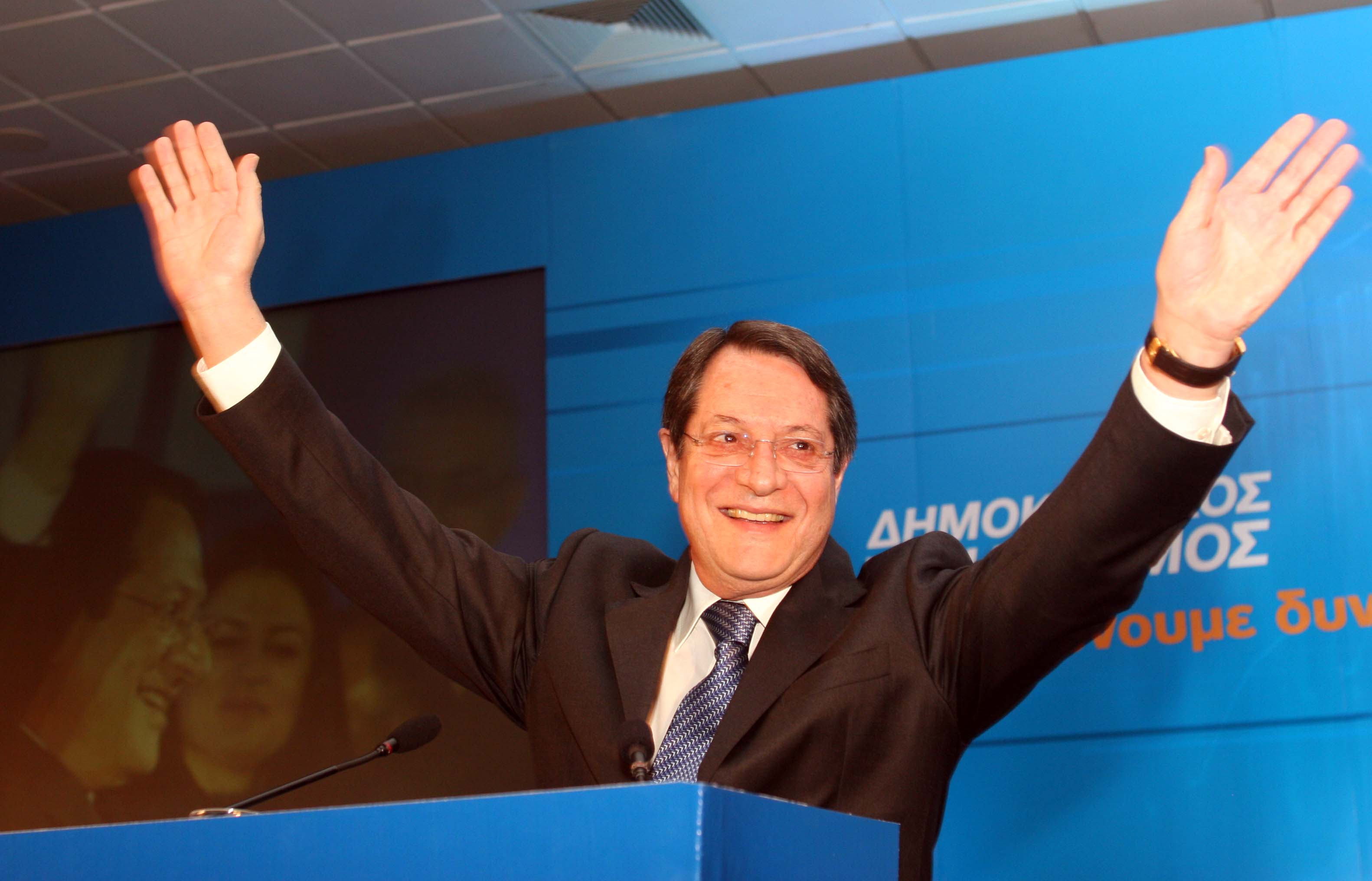The year started with the re-election of Nicos Anastasiades for a second term in February, despite the massive failure at Crans-Montana only seven months previously.
Post-election analysis appeared to show that voters wanted continuity.
In June 2018, in an attempt to kick-start new talks, UN Secretary-General Antonio Guterres appointed Jane Holl Lute as his new adviser. Her mission involved shuttle diplomacy between Nicos Anastasiades and Mustafa Akinci, and Athens, Ankara and the UK to prepare “terms of reference”. She was unable to bridge the gap given the still-fresh fallout from Crans-Montana less than 12 months previously. Guterres noted in his year-end report “the lack of progress towards a settlement since the conclusion of the Conference on Cyprus in July 2017”.
He said that ten months after Crans-Montana no further progress had been made towards a settlement. He also spoke of “diminished trust between the leaders and their respective communities” and the continued absence of dialogue.
The one-man band ‘tirelessly working for a solution’
Late in the year, Anastasiades suddenly started talking of a ‘decentralised’ or ‘loose’ federation but seemed to be unable to say exactly what that meant. Despite this, he was insisting he wanted the talks to go ahead where they left off although there was mounting pressure on him to come clean and be honest with people on what he was really seeking.
He did agree with Akinci in October to open two new crossing points – the first in eight years – at Dherynia and Lefka, which were inaugurated on November 12.
